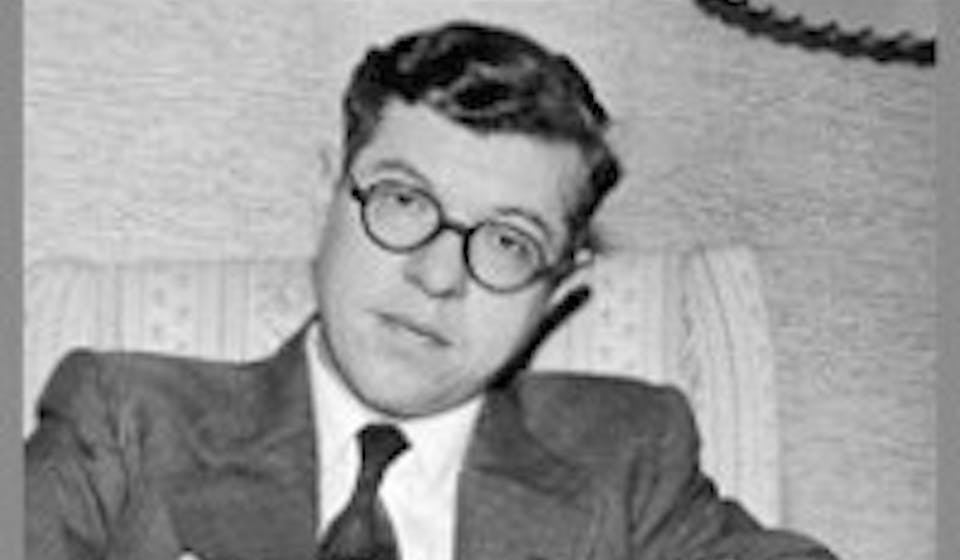Imprint
- Gateway
Fred Hoyle's World of Sc, Fiction, Science fiction
An SF Gateway eBook: bringing the classics to the future.
Dr John West, Cambridge don and private investigator, was present at the trial of an odd duck, R. A. Adcock, who was being most uncooperative in answering questions about a bank robbery. At length, Adcock had made a dash for it from the courtroom - through a glass window, and what should have been a three storey drop to the street. But suddenly, Adcock wasn't there, and at once a swarm of bees came into the courtroom.
Thus begins The Molecule Men, which takes many fascinating and terrifying turns to its chilling conclusion.
In the second story, the Monster of Loch Ness, Tom Cochrane, an independent scientist, determines to find out why the waters of Loch Ness are inexplicably warming up. What was it that caused the waters of the loch to pour up into the air like the worst rainstorm any of the observers had ever seen? What was at the bottom of the loch?
These two short novels by a celebrated father and son team will hold the interest of the science fiction fan from page one on.

Fred Hoyle
Sir Fred Hoyle (1915-2001)
Sir Fred Hoyle was a famous English astronomer noted primarily for the theory of stellar nucleosynthesis and his often controversial stances on other scientific matters-in particular his rejection of the "Big Bang" theory, a term coined by him on BBC radio. He has authored hundreds of technical articles, as well as textbooks, popular accounts of science and two autobiographies. In addition to his work as an astronomer, Hoyle was a writer of science fiction, including a number of books co-written with his son Geoffrey Hoyle. Hoyle spent most of his working life at the Institute of Astronomy at Cambridge and served as its director for a number of years. He was knighted in 1972 and died in Bournemouth, England, after a series of strokes.






























.png?auto=compress&w=150&h=60&fit=crop&fm=jpg)
.png?auto=compress&w=150&h=60&fit=crop&fm=jpg)




